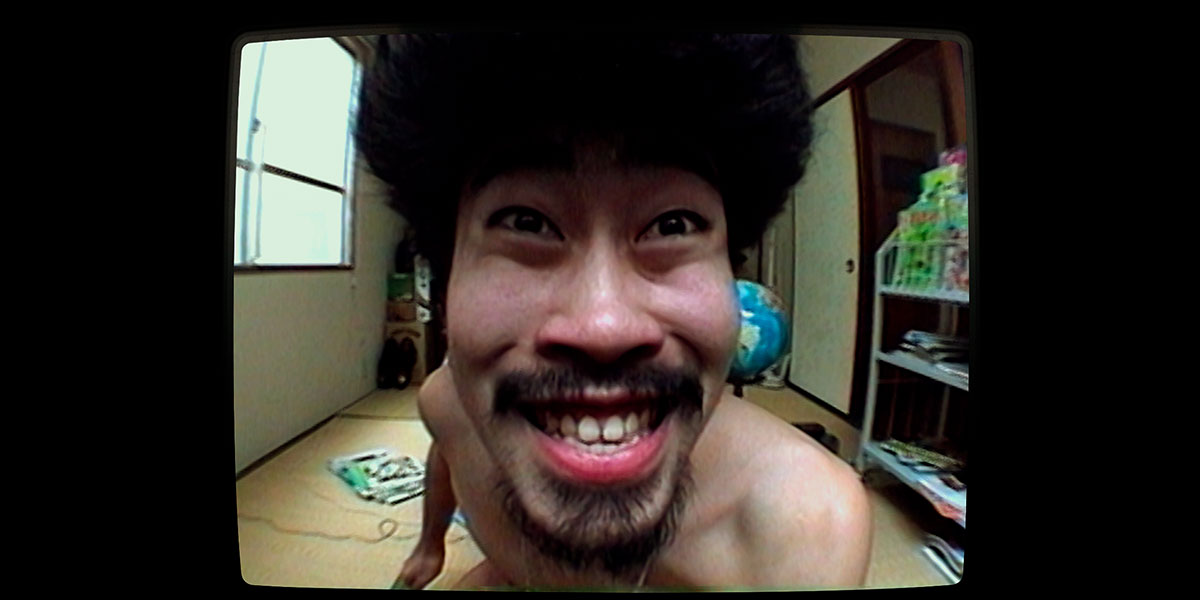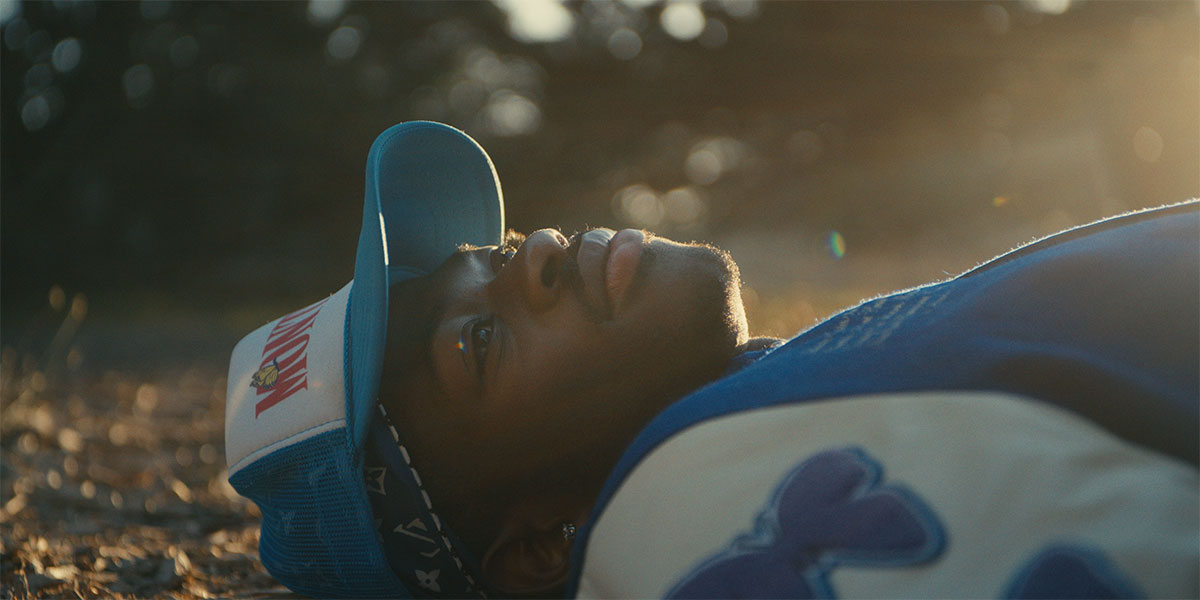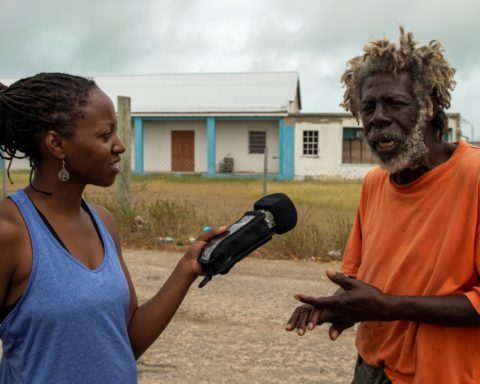The Contestant
(United Kingdom, 90 min.)
Dir. Clair Titley
Programme: TIFF Docs (World Premiere)
Whether forcing people to survive on a remote island, using roses to dictate one’s romantic worth, or inciting booze fueled arguments between wealthy housewives, reality television has been captivating audiences for 25 years. According to Japanese television producer Toshio Tsuchiya, a pioneer in the field, the success and longevity of the genre can be summed up by one simple truth “all humans are entertaining.” In Clair Titley’s chilling documentary, The Contestant, one sees just how far a producer like Tsuchiya will go to keep eyeballs glued to television screens.
Before the genre became a hit in the West, Tsuchiya was laying the roadmap for the salacious degradation that, in part, has made reality television globally famous. The creator of the first Japanese reality show Denpa Shonen, which put young people through a series of endurance tests, Tsuchiya lead the way in turning average people into overnight stars. Looking for new elements to add to the show, the famed producer came up with the idea for a recurring five-minute segment called Denpa Shonen: A Life in Prizes that would test a person’s fortitude in unimaginable ways.
All he needed for his experiment was to find the right unsuspecting mouse to chase the cheese in his twisted maze. Enter aspiring comedian Tomoaki Hamatsu, nicknamed Nasubi (Japanese for “eggplant”) due to his long face, who unknowingly became the star of a show he did not know existed. Believing he was pulling the winning ticket to audition for one of Tsuchiya’s new shows, Nasubi was whisked away by the producer to a small apartment and asked to strip completely naked. Told that the nudity would not air on television, the young man was left in the mostly barren room with a stack of magazines full of contests to enter.
Nasbui quickly realized that the only way for him to accumulate the necessities for survival, such as food and clothes, was to win them through the contests. Once his winnings reached the prize goal of one million yen, the game would end. Although he could have left at any time, Nasubi didn’t. Instead, he endured over a year of naked isolation, entering 300-400 contest a day, while surviving on the few edible items he could acquire including dog food. What made the experience even more challenging was that not everything he won– tires, plush toys, etc.–was useful in the apartment.
As his mental and physical health was being pushed to the brink inside the room, Nasubi was becoming star outside of it. His exploits were being edited and broadcast to 15 million people without his consent. A source of laughs for many, Nasubi became so popular that even the diaries he wrote inside the room became best sellers.
Why Nasubi chose to endure such hardships remains somewhat of a mystery in The Contestant. In interviews with Titley, the unlikely reality star has difficulty articulating what it was that was driving him. The documentary makes it clear that Nasubi experienced bullying as a child and that experience stayed with him. However, it is puzzling that he would willing put himself through such torment again as an adult. One is simply left to ponder his motivations and if his blind worship of Tsuchiya, who he once considered to be a god, played a strong role in it.
Tsuchiya was no deity though; in fact, he openly embraces his role as a sort of devil. Like a real-life version of Ed Harris’ Christof in The Truman Show, which was released later in the same year A Life in Prizes aired, the producer takes pride in each uncaring decision he made in his quest to get the perfect shoot. Tsuchiya may claim that the show was about showing isolation in its most primal form, but he and his team strategically avoided airing the darker parts of Nasubi’s experience.
By editing the original A Life in Prizes footage, and stripping away its frills, Titley’s film allows the audience to truly feel the depth of torture Nasubi was enduring. Creating a chilling juxtaposition between the way the segments were played for laughs when they aired on television and the harsh reality as revealed by Nasubi’s diary entries, The Contestant highlights just how sadistic it all was. As Nasubi’s sister notes at one point, it may seem funny to outsiders, but those who were closest to him found it cruel and sad.
It is in the moments where Titley reminds viewers of the real human cost of reality television on its participants where the film is most illuminating. Nasubi speaks honestly about contemplating suicide frequently and the crippling void that loneliness can breed. While Titley highlights the contestant’s post-show life and how humanitarian work brought him a sense of peace that had long eluded him, the film does not delve deeply into the problematic aspects of the production.
One only gets snippets into the production as whole, but those are enough to reveal that the show was at the forefront of live web streams and possibly the originator of the eggplant emoji being representative of a penis. However, even with the access to Tsuchiya, whose moral line only seems to be drawn at death, there are still many questions related to issues to consent and ethics that are left unanswered in the film. Even the generational divide regarding the ages of those who embraced the show versus those who despised it, and the impact on society at large, are reduced to sound bites.
Although one is left with several lingering questions, Titley succeeds in keeping Nasubi’s humanity at the forefront of everything. Telling a seemingly unbelievable story with plenty of care, The Contestant serves as a solid primer for the reality boom that would occur in the years to follow. If all humans are entertainment, the documentary forces one to ponder if death is truly the only thing that will cause people to turn off the television.














